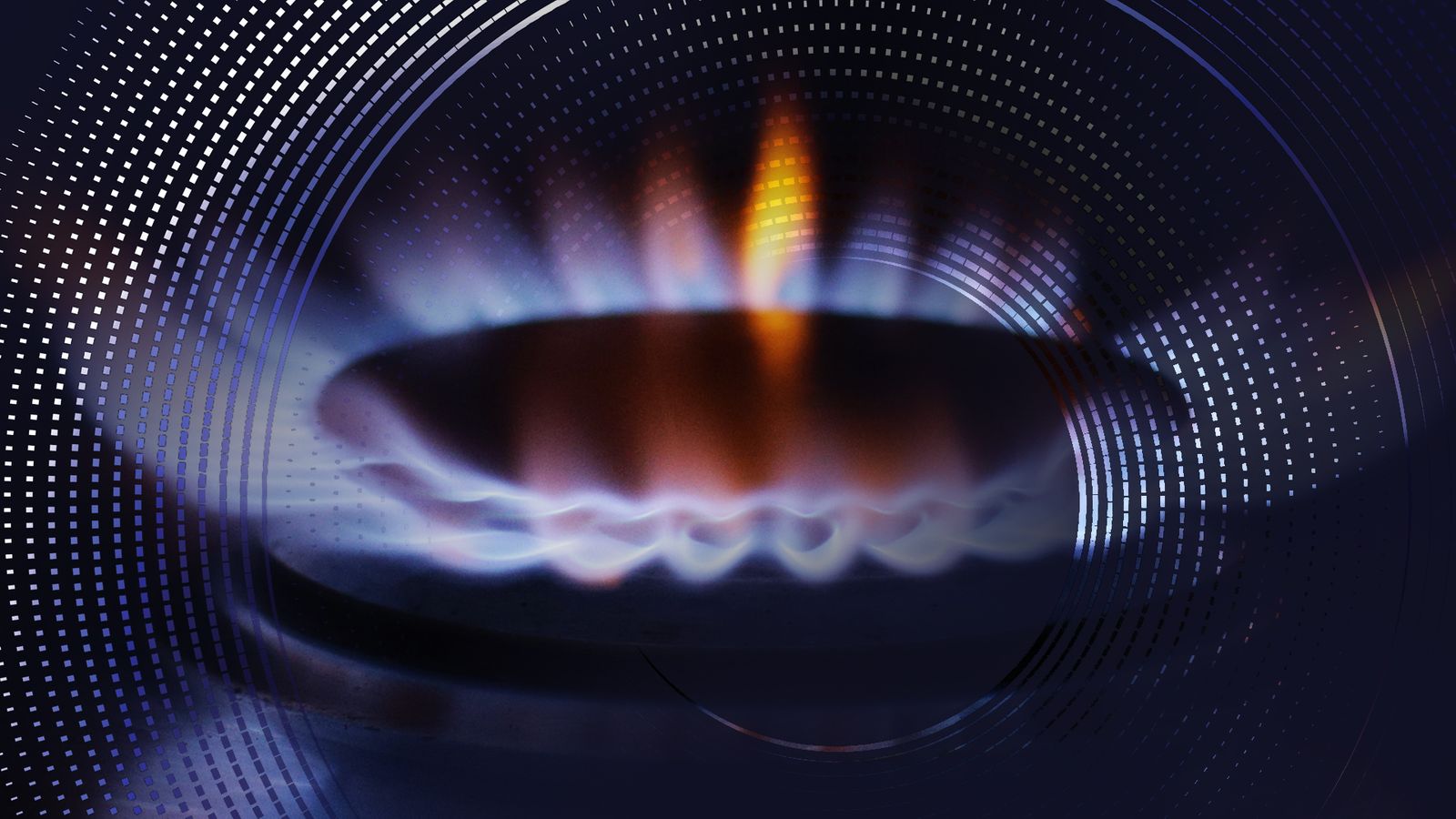The Irish government has launched a major suite of measures aimed at tackling the soaring cost of living for households.
An energy rebate will see each household in the country receive a €200 (£169) credit to offset heating costs, while public transport fares will also be cut by 20%. The reduced rail, bus and tram fares will stay in place until the end of the year.
People who are claiming the fuel allowance will receive an extra €125 (£105).
Follow the Daily podcast on Apple Podcasts, Google Podcasts, Spotify, Spreaker
The €300m (£253m) plan was unveiled by Ireland’s minister for public expenditure Michael McGrath and minister for finance Paschal Donohoe at Government Buildings in Dublin this evening. The government says that the measures, when combined with others announced in the budget, means that a total of €1.5bn is being spent on alleviating the problems caused by inflation.
Opposition parties have said the measures are unlikely to go far enough to tackle the problem. The move comes as Irish consumers increasingly feel squeezed financially despite a thriving economy.
Today the European Commission (EC) increased its forecast for Irish inflation this year from 3.1% to 4.6%. The EC expects the Irish economy to experience strong growth of 5.5%, fuelled partly by the spending of large household savings from the pandemic period.
Climate change: Cuadrilla ordered to plug and abandon shale gas fracking wells in Lancashire
Consumer goods giant Unilever signals more price rises ahead as costs soar by billions
Three quarters of firms to put up prices as they face soaring wage and energy costs
The scale of the problem was illustrated by a new RED C poll commissioned by the charity Society of St Vincent de Paul (SVP) which found that the number of people struggling financially has doubled from 9% to 18% since the start of the pandemic – 37% of people have cut back on essential heating and electricity use.
The charity’s head of Social Justice and Policy said that there is a “real danger” of a deepening of poverty.
Dr Tricia Keilthy told Sky News: “We’re seeing it on multiple fronts but especially with energy. People are living in just one room to try and reduce heating bills. People are sitting in the evening, in the cold and dark without any power. It’s a really difficult position to be in.”
Dr Keilthy said the government package announced this evening “shows they have woken up to the issue, and are trying to take action. We hope this highlights the issue of poverty in Ireland today, and just how many people are struggling.”
“This is going to be with us for a long time,” she added.
Karen Kiernan, CEO of One Family, an organisation for one-parent families, welcomed the government announcement but said: “Our concern and fear is that this is money for everybody, instead of being targeted at the families and children who are the poorest, who are living in the cold, who don’t have enough to eat, and are still having to pay all the costs that other families do as well.”
Ms Kiernan told Sky News single-parent families are disproportionally affected by inflation.
“During the pandemic, it was absolutely horrific,” she said.
“Parents weren’t able to pay their bills, and were really, really struggling. With the cost of living increasing so much, things have gotten much worse. People are restricting their meals, not switching on their heating and not buying clothes for their children.”






















